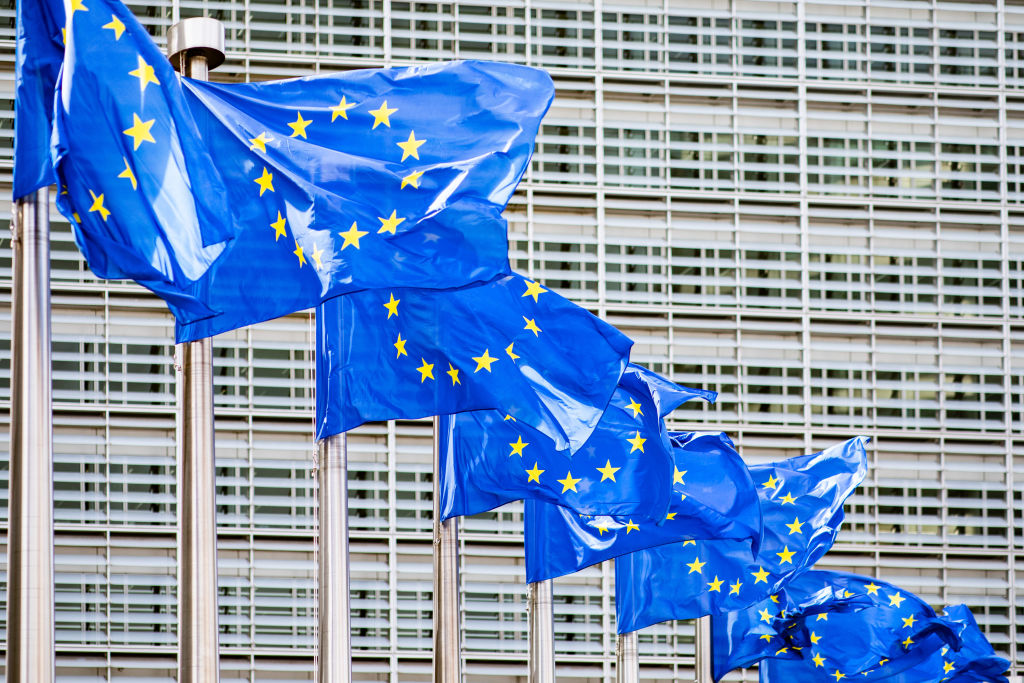TechCrunch
3w
465

Image Credit: TechCrunch
European leaders worry they’re too reliant on U.S. tech
- European governments are reevaluating their reliance on American technology and services due to recent events, such as Microsoft's actions following President Trump's sanctions on an ICC prosecutor.
- President Trump's sanctions on the chief prosecutor at the International Criminal Court led Microsoft to turn off his email address, prompting concerns about U.S. tech companies' compliance with U.S. government actions.
- This incident has prompted European leaders to consider alternative options to decrease their dependence on U.S. technology.
- Microsoft's actions have raised concerns in Europe, with some ICC workers reportedly switching to Swiss email service Proton.
- Former diplomat Casper Klynge highlighted Microsoft's actions as a wake-up call for many Europeans.
- Microsoft has since made policy changes to safeguard customers in similar situations and introduced 'sovereign solutions' to protect European institutions.
- The fear is that American companies may be compelled to comply with U.S. administration's actions against specific organizations, countries, or individuals.
- The case involving the ICC prosecutor has triggered a reevaluation of European reliance on U.S. tech services.
- Microsoft clarified that it did not shut down the email accounts of four ICC judges sanctioned by Trump earlier.
- European concerns stem from the perceived vulnerabilities of relying heavily on U.S. technology and services.
- The incident has sparked discussions on the need for diversifying digital infrastructure to mitigate risks.
- European leaders have expressed worries about being too dependent on American tech companies.
- Microsoft has taken steps to address concerns and emphasize its commitment to protecting European institutions.
- The situation highlights the potential implications of political decisions on the tech industry and international relations.
- The issue signifies a broader debate on ensuring digital sovereignty and reducing reliance on specific tech providers.
Read Full Article
23 Likes
For uninterrupted reading, download the app